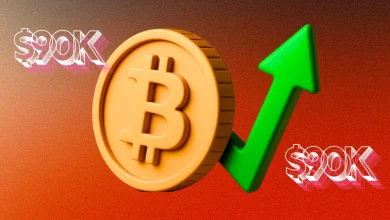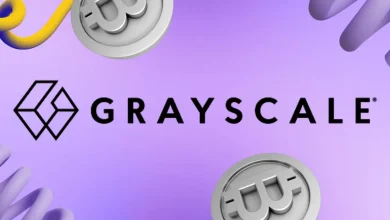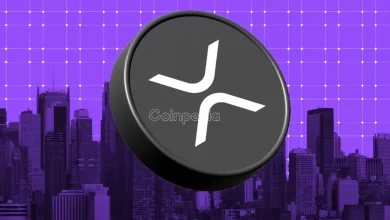Bill Morgan clarifies that Ripple's December XRP sales were not a "dump" but part of a strategy to manage inflation.
The SEC lawsuit against Ripple acknowledges that Ripple's actions helped stabilize XRP's price.
Morgan argues that Ripple's XRP sales are well-considered given the fixed XRP supply.
Bill Morgan, an expert in law with a keen interest in XRP, has stepped forward to clarify the details surrounding Ripple’s significant $238M XRP sales in December 2023. His insights provide a thorough examination of Ripple’s actions and their implications.
It’s time to ditch the FUD and get right down to the facts. Read on!
Ripple’s December Sales: An Overview
Last December, Ripple made headlines with a remarkable net sale of 238 million XRP tokens, translating to $142 million. This amount, as previously reported by Coinpedia News, marks a threefold increase from Ripple’s typical monthly sales. Such a substantial increase naturally sparked discussions within the cryptocurrency community, prompting questions about Ripple’s strategy.
Bill Morgan starts by challenging what he calls a “false narrative” suggesting that Ripple is dumping a lot of XRP. To back his point, he provides strong evidence, referring to the inflation rate tied to the circulating supply resulting from the release and sale of XRP from escrow, calculated at 7.86%.
Morgan goes on to emphasize that, even though this inflation rate is relatively high, it doesn’t convincingly clarify why XRP’s price would be significantly negatively affected.
Legal Insights: SEC vs. Ripple
Delving into the legal context, Morgan references the SEC’s lawsuit against Ripple. He highlights a key finding: Ripple’s direct contribution to the total XRP market volume is less than half of 1%.
Additionally, Morgan discusses the SEC’s view that Ripple’s actions, such as placing XRP in escrow and repurchasing some, aim to stabilize XRP’s price. He distinguishes this approach from the more dramatic claims of Ripple “dumping” XRP.
Understanding Ripple’s Buy & Sell Strategy
Morgan also addresses criticisms regarding Ripple’s XRP holdings and sales. He argues that Ripple’s actions, which include buying back XRP and placing some in escrow, appear to be part of a well-considered strategy. Given that the total supply of XRP is fixed, Morgan suggests that Ripple’s approach is more deliberate than it might initially appear.
As the cryptocurrency community seeks to understand Ripple’s XRP sales and their broader implications, Morgan’s analysis offers valuable clarity. By challenging existing narratives and encouraging informed discussion, he contributes to a more nuanced understanding of Ripple’s activities in the cryptocurrency market.






